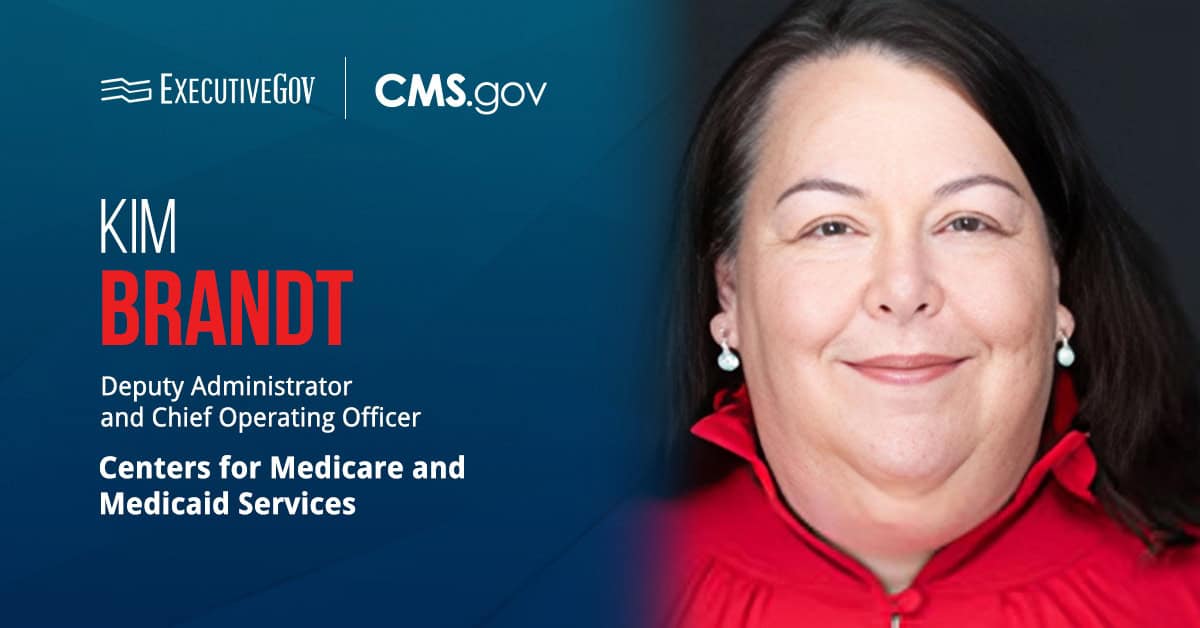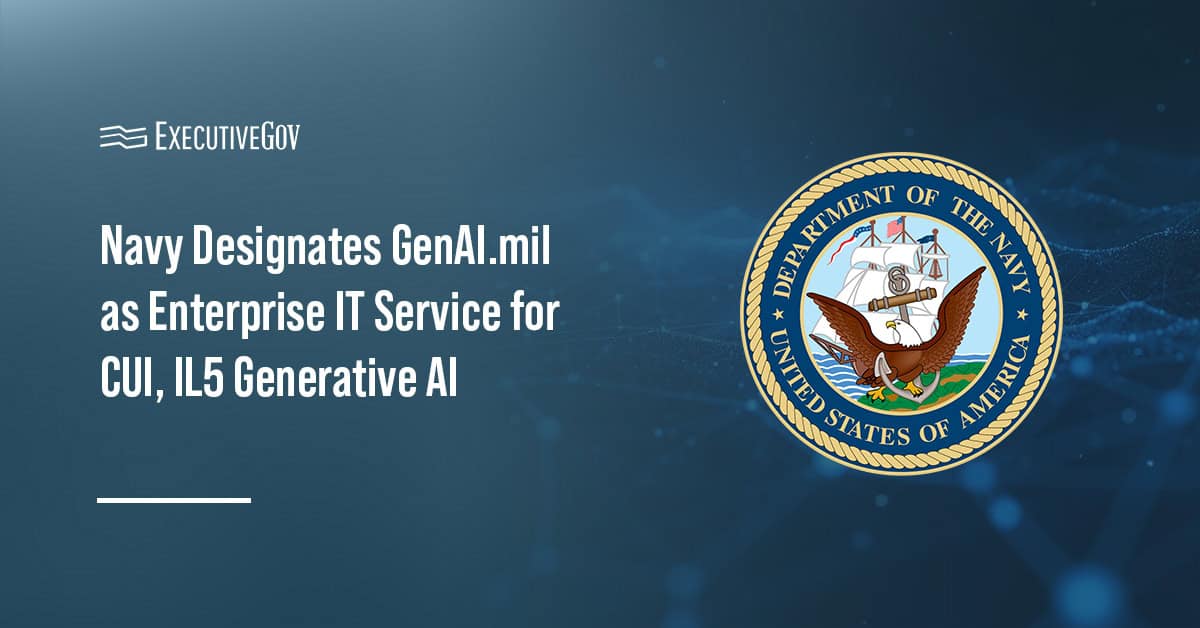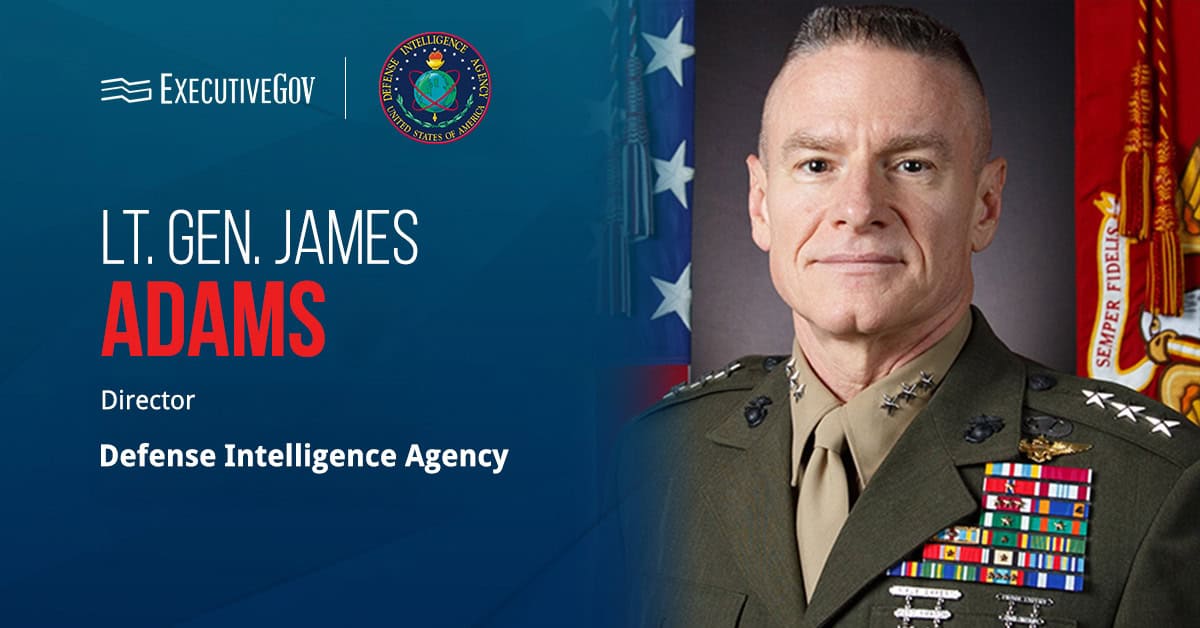 President Donald Trump has decided to designate North Korea a state sponsor of terrorism for “repeatedly†backing assassinations overseas and other terrorist acts, CNN reported Tuesday.
President Donald Trump has decided to designate North Korea a state sponsor of terrorism for “repeatedly†backing assassinations overseas and other terrorist acts, CNN reported Tuesday.Trump said Monday during a public cabinet meeting at the White House that the Treasury Department is set Tuesday to introduce new sanctions against North Korea amid the East Asian country’s ballistic missile and nuclear development efforts.
His move came nine years after President George W. Bush removed North Korea from its list of state sponsors of terrorism.
The redesignation of North Korea would result in sanctions such as restrictions on receiving foreign aid from the U.S. government and a ban on defense sales and exports.
Countries that are currently designated state sponsors of terror include Syria, Iran and Sudan, the report added.





